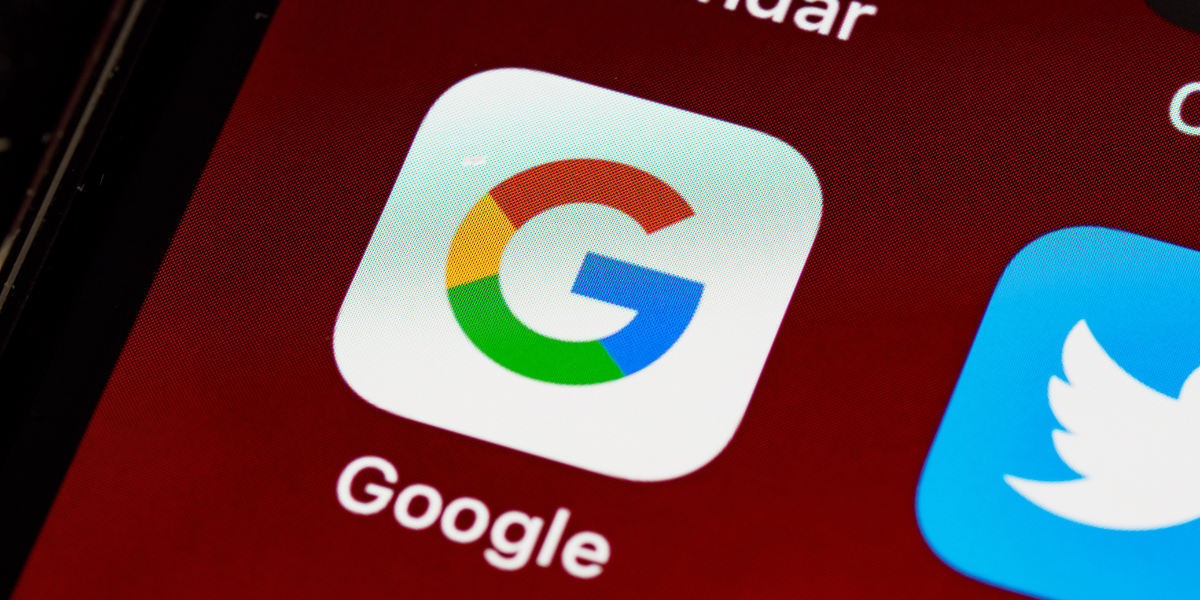In the ever-evolving world of digital marketing, staying ahead of the curve is essential to effectively reach and engage your target audience. As we delve into 2024, one trend that’s set to play a pivotal role in shaping marketing strategies is the use of Artificial Intelligence (AI) for personalized marketing campaigns. AI-driven personalization is not a new concept, but its sophistication and effectiveness are reaching new heights. In this comprehensive blog post, we will explore how AI is revolutionizing the way marketers tailor their campaigns to individual consumers in 2024.
Understanding the Power of AI in Marketing
Artificial Intelligence encompasses a wide range of technologies that enable machines to learn from data, make decisions, and perform tasks that traditionally required human intelligence. When applied to marketing, AI has the potential to transform the way businesses interact with their customers. Let’s dive deeper into the various aspects of AI in marketing:
- Data Analysis: AI can process vast amounts of data at lightning speed, allowing marketers to gain deeper insights into consumer behavior, preferences, and trends. In 2024, AI-driven analytics will enable marketers to make data-driven decisions with precision, leading to more effective campaigns.
- Personalization: AI algorithms can create highly personalized marketing campaigns by analyzing individual customer data. This personalization goes beyond just addressing customers by their first name; it involves tailoring content, product recommendations, and messaging to each user’s unique preferences and behavior. In 2024, we’ll see even more sophisticated personalization strategies that can predict user intent and preferences with remarkable accuracy.
- Predictive Analytics: AI can forecast future consumer behavior based on historical data and current interactions. This predictive capability helps marketers anticipate customer needs and deliver relevant content or offers at the right moment. In 2024, predictive analytics will play a crucial role in optimizing marketing campaigns and maximizing ROI.
- Chatbots and Virtual Assistants: AI-powered chatbots and virtual assistants will continue to improve in 2024, providing real-time customer support and personalized recommendations. These AI-driven tools enhance the overall customer experience, driving customer satisfaction and loyalty.
- Content Generation: AI can automate content creation, allowing marketers to generate blog posts, product descriptions, and even social media updates more efficiently. This frees up creative resources to focus on strategic planning and innovation, while AI handles routine content production tasks.
AI in Action: Personalized Marketing Campaigns
In 2024, AI will be at the forefront of personalized marketing campaigns. Here’s how it will be applied across various marketing channels and platforms:
- Dynamic Content: Websites will use AI to customize content and product recommendations in real-time based on each visitor’s past behavior and preferences. This dynamic content delivery ensures that visitors see the most relevant information, increasing engagement and conversion rates.
- Email Marketing: AI-powered email platforms will send personalized messages with product recommendations, discounts, and content that resonates with each recipient. In 2024, email marketing will be more sophisticated, with AI optimizing the timing and content of emails for individual subscribers.
- E-commerce: Online retailers will leverage AI to create personalized shopping experiences. From personalized landing pages to AI-driven virtual shopping assistants, consumers will enjoy a more tailored and enjoyable shopping journey. This will result in increased sales and customer satisfaction.
- Social Media: Social platforms will utilize AI to deliver highly targeted ads to users based on their interests, behaviors, and online activities. Advertisers will benefit from improved ad relevance and higher conversion rates, while users will see content that aligns with their preferences.
- Search Engines: Search results will become more personalized, with AI algorithms understanding user intent and delivering more relevant search results. In 2024, SEO strategies will need to adapt to the evolving landscape of personalized search, focusing on user-centric optimization.
The Impact of AI on ROI and Customer Experience
The integration of AI into marketing campaigns in 2024 will have a significant impact on two critical aspects: Return on Investment (ROI) and Customer Experience (CX).
- Improved ROI: AI’s ability to analyze data, predict customer behavior, and personalize marketing efforts will lead to higher conversion rates and increased sales. Marketers will see improved ROI as campaigns become more efficient and effective. Furthermore, AI can optimize ad spend by allocating resources to the most promising channels and audiences.
- Enhanced Customer Experience: Personalization driven by AI results in a more enjoyable and relevant experience for customers. In 2024, consumers will expect brands to understand their preferences and provide tailored recommendations and content. This enhanced CX fosters loyalty and encourages repeat purchases, contributing to long-term business success.
Challenges and Ethical Considerations
While AI holds tremendous potential for personalized marketing, it also raises some challenges and ethical considerations that marketers must address in 2024:
- Data Privacy: Collecting and utilizing vast amounts of customer data for personalization raises concerns about data privacy. Marketers must be transparent about data collection practices, obtain consent when necessary, and comply with data protection regulations such as GDPR and CCPA.
- Algorithmic Bias: AI algorithms can inadvertently perpetuate biases present in the data they are trained on. To ensure fairness and avoid discrimination, marketers should regularly audit and refine their AI systems to minimize bias.
- Consumer Trust: Building and maintaining trust with consumers is paramount. Marketers must use AI responsibly and avoid crossing the line into invasive or overly personalized marketing tactics. Transparency and clear communication with customers will be essential.
- Data Security: The increased reliance on AI for data analysis and personalization requires robust data security measures. Businesses must protect customer data from breaches and cyberattacks to maintain trust and compliance.
Conclusion
As we enter 2024, the role of Artificial Intelligence in personalizing marketing campaigns cannot be overstated. AI empowers marketers to connect with their audience on a deeper level by delivering relevant, timely, and personalized content and offers. By harnessing the power of AI-driven personalization, businesses can enhance customer engagement, increase conversions, and stay competitive in the rapidly evolving world of digital marketing. Embracing AI is not just a trend; it’s a strategic imperative for marketing success in the years to come. However, it’s essential for marketers to navigate the challenges and ethical considerations associated with AI to ensure responsible and effective use of this powerful technology. In the years ahead, AI will continue to reshape the marketing landscape, offering new opportunities for businesses to thrive in the digital age.








